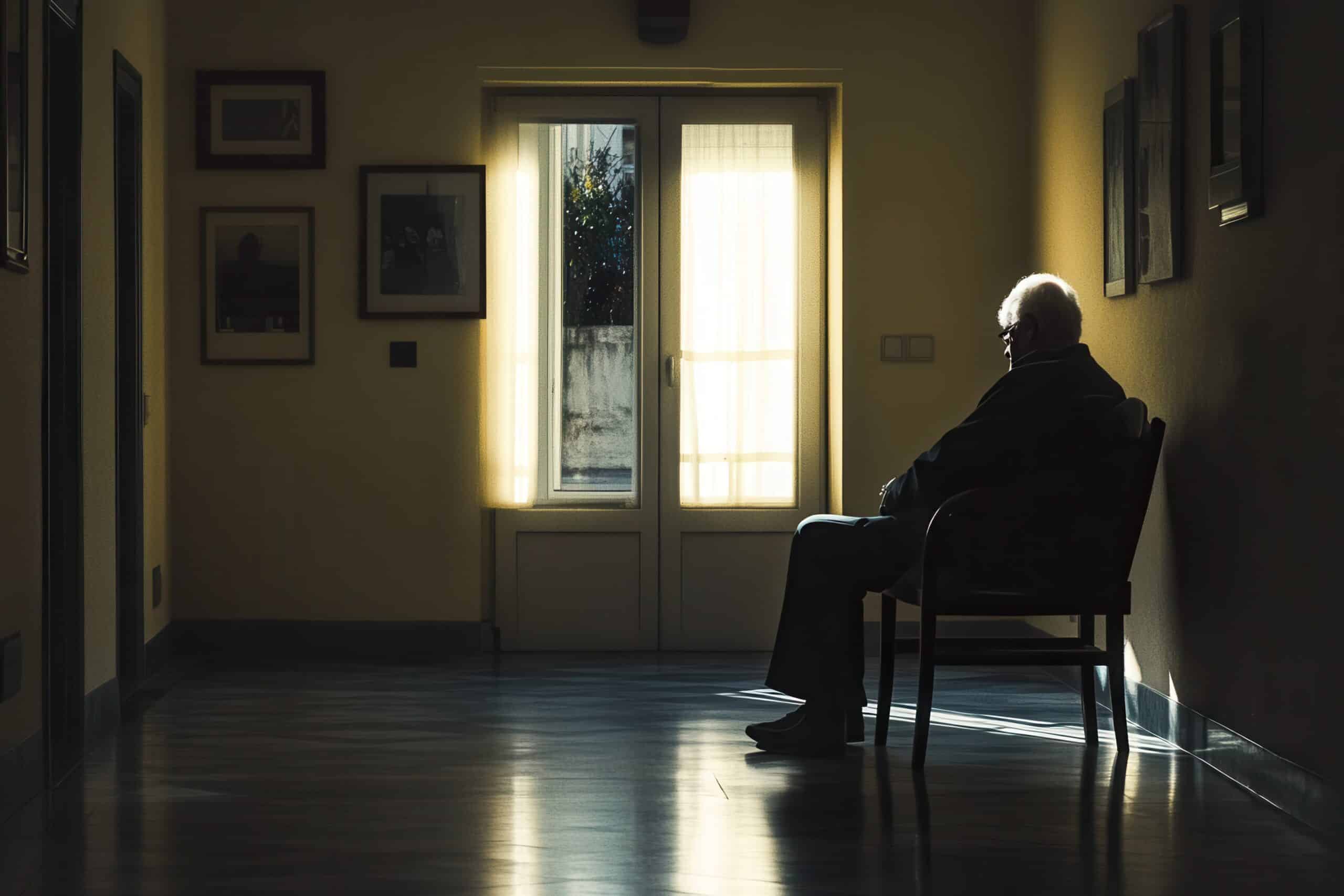
As Canada’s population ages, the silent crisis unfolding in elder care has become impossible to ignore. With the rapid growth of our senior population, we are facing a tidal wave of complex legal, medical, and ethical challenges. Elder law is no longer a niche practice area; it has become a necessary response to a national emergency.
By 2049, Canada’s population over 85 is projected to triple, and the number of centenarians will grow nearly tenfold. This demographic shift impacts every facet of society: housing, healthcare, transportation, and caregiving. Ontario alone spends nearly $10 billion annually on long-term care, and yet waitlists have reached historic lengths. Many families are left with few options, often relying on expensive private care or unpaid family caregivers, predominantly women balancing work, children, and elder care responsibilities.
A Broken System: The Human Cost of Elder Care Failures
The legal system often sees the aftermath of poor planning or systemic failure. Personal injury and elder law practitioners witness the human cost of these systemic gaps firsthand. As a personal injury lawyer, I was drawn into elder law after seeing how the lives of my older clients were undervalued in litigation. Seniors’ suffering and losses were often dismissed as inevitable consequences of aging, rather than preventable injustices.
Through my work, I have seen repeated falls leading to fatal brain bleeds, untreated infections leading to death, financial exploitation, and even sexual assault by care staff. These are not rare outliers, they are the product of an under-resourced, bureaucratically paralyzed system that is failing our elders.
One of the most heart-wrenching cases involved Rohan, a quadriplegic music teacher facing eviction from his retirement home after 15 years. Despite negotiated court orders and temporary reprieves, systemic inaction pushed him to the brink until his death in hospital, just one day after his final court appearance. His case exemplifies how our legal and social safety nets are failing to protect the most vulnerable.
The Role of Lawyers in Driving Systemic Change
Yet, as overwhelming as this crisis may feel, it also offers an opportunity and a responsibility for the legal community to drive meaningful change. Nursing home negligence lawyers must push boundaries, challenge the status quo, and refuse to accept “this is just how it’s done.” Our role is not only to advocate for individuals but to question systemic failures that allow these injustices to occur.
Litigators have unique access to the justice system; our words can change laws, shape precedents, and amplify the voices of those who cannot advocate for themselves. Seniors, like children, are often unable to lead their own advocacy movements. They rely on us, the privileged few with access, knowledge, and power to speak for them.
Getting a little uncomfortable taking on a case outside the norm serves as an opportunity to move the needle. By building multidisciplinary networks of estate lawyers, medical experts, family lawyers, and care specialists, we strengthen our ability to advocate effectively. Collaboration and ongoing education are essential in navigating these complex cases.
Hope Starts Here
Change will not happen overnight. But by saying “yes” to the difficult cases, challenging ingrained biases, and embracing the discomfort of new legal territory, we can honor our elders with the dignity and protection they deserve. It starts one case at a time and one lawyer at a time willing to be brave.






